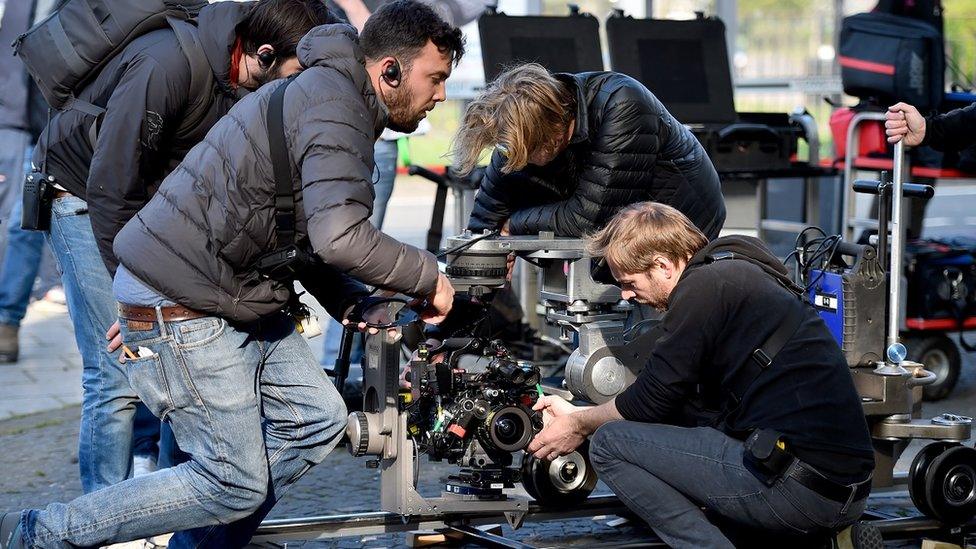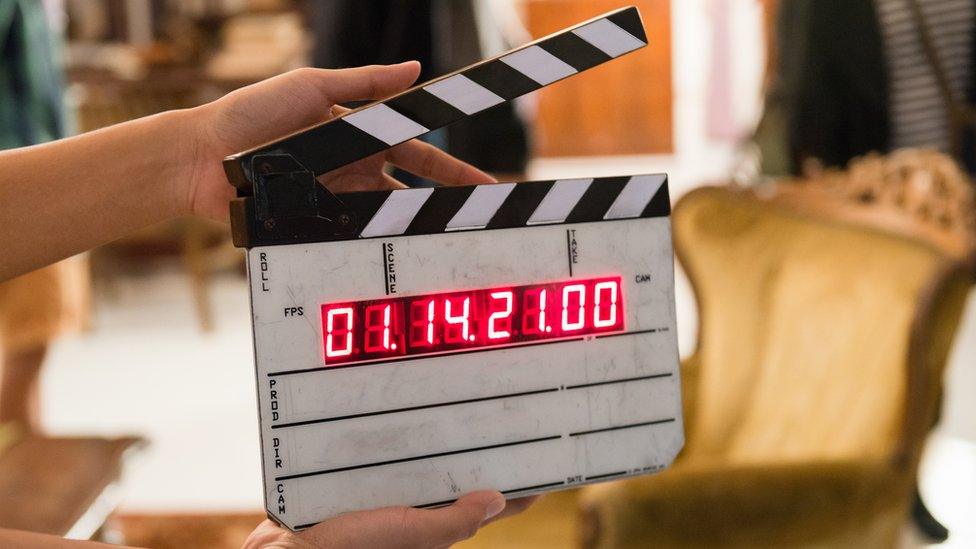UK film industry 'needs government support' after Brexit
- Published

The UK movie business must get more support from the government if the sector is to survive after Brexit, a senior figure in the industry has said.
Zygi Kamasa, who runs Lionsgate UK, said Britain's EU exit could have a "big impact" on independent filmmakers.
The sector is "under a lot of pressure", he told the BBC.
"We have a lot of European co-production money that comes into our movies; we have a lot of movies that are shot across Europe."
That meant there were a lot of staff moving across Europe and the UK to work on British films. "There's a concern about how that will impact films," he said.
Changing viewing habits were also hitting production companies, as more on-demand television services show a greater number of films, he said.
"The government, the BFI have to look at ways of keeping that sector alive."
Public support
Lionsgate made the phenomenally successful movie, La La Land. Its UK arm is currently making several films, including a new version of Robin Hood, shot in both the UK and Hungary.
The most recent Star Wars film, Rogue One, made by Disney, was shot in the UK.
One-quarter of the production costs of UK-made films is essentially borne by taxpayers, as movie production gets a 25% tax credit.
Zygi Kamasa says such public support is vital for smaller, independent producers, but needs reform.
"That's applicable to Star Wars that shoots in the UK, and that's applicable to low budget movies that shoot in the UK. That's a one-size-fits-all tax credit. I'm not actually sure that's the best system."
"Culturally, it's very important British independent reforms are supported perhaps in a greater way," he said.
In 2015, government support for the UK film industry through tax relief was £251m.
"A lot of workers work on big Hollywood movies, but they are not ostensibly British movies. Things that have British stories, British directors, British filmmakers, British writers, are the films that need to be greater supported."
- Published27 February 2017
